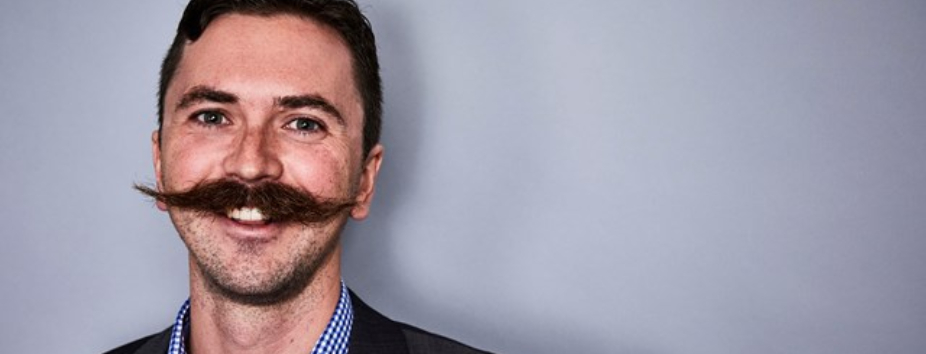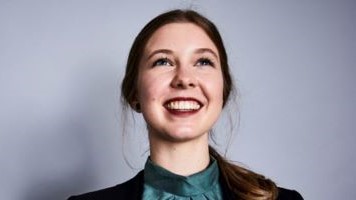
Written by Cameron Thorn, 2019 Westpac Future Leaders Scholar
I grew up in Lesmurdie, in the Darling Ranges of Western Australia, and spent much of my childhood exploring the bush. In our backyard, we handfed magpies, parrots and kookaburras. We had fruit trees, a creek and a horse paddock next door. There was so much space.
After school, we would race between friends’ yards, kicking a ball and eating several rounds of afternoon tea, chasing yabbies through creek beds, and building forts in the Mundy Regional Park. Sometimes my brother and I would walk with Dad and our dogs along the escarpment. I’m not sure if it was to give mum some time alone or to make sure we burned up the last of our energy - likely both - but looking up at the stars and then out to the lights of Perth filled me with wonder and a desire for adventure.
From the bush to the ‘burbs, there were plenty of adventures and a couple of false starts at university. When I was 21, technically a mature age student, and had grown up enough to know what I wanted to study and why, I threw myself into my third attempt at university. Whenever I raised the idea of becoming a teacher, people would actively discourage me. They would tell me to try something else, ‘you can do better’ were their jarring words of encouragement. But education is social justice in action. Education has the power to change the lives of all Australians, with a quality education setting up children for life-long success. It is in our national interest to ensure that our brightest minds are supporting the learners of today and the leaders of tomorrow.
With a desire to improve opportunities for Australians through education, I started to work in an educational outreach program to gain some practical experience while studying. I was lucky to have a manager who saw me for what I could offer rather than what I was at the time. Instead of being viewed as young and inexperienced, I was recognised for my unique perspective and encouraged to be curious and courageous and to stand up for my values.
I was encouraged to take risks without fear of failure - if we didn’t try, we wouldn’t know. We embraced our differences and shared openly; there was complete trust in our team. His leadership style was empowering and together, we were achieving our goals and making a difference in the lives of the people we engaged.
A few years on and 3,000km’s away from home while in Sydney for the Westpac Scholars Leadership Development Program, I recalled this experience as I learnt about Inclusive Leadership, and the importance of celebrating diversity and being growth-focused.
At the residential I found incredible strength in the diversity of the cohort of scholars. Everyone had different lived experiences and areas of study, which informed their unique perspectives. There were doctors, social entrepreneurs, elite athletes and recent graduates, all studying across different fields of medicine, international business, social justice, science and technology.
We were all equal together, despite our differences, there to learn and to make the most of the opportunity. Each scholar recognised the power of collaboration and supported others through personal risk-taking. It is daunting to acknowledge areas of improvement and talk about and experience significant failings and learnings in a group of highly ambitious people that you have only just met.
Incredible courage was displayed: to share, to put oneself forward and to take a step back to let someone else have a go. Pitching an idea to a group of senior staff from Westpac, an idea that we had only had a few hours to work on, was incredibly daunting. Those that were nervous about public speaking were provided the space and encouragement to take centre stage. Those that had strong ideas would take a step back to make sure that all voices were heard.
Reflecting on my experience and learnings from the Leadership Development Program, I see immense value in inclusive leadership. Inclusive leadership provides space for all voices to be heard, ensuring that processes, concepts and decisions are reflective of the group and the diversity that it represents. Courage is required to support effective inclusive leadership, courage to take risks and courage to live our values. Inclusive leaders don’t go it alone. Inclusive leaders recognise the unique strengths of those around them and empower them to step up to new and complex challenges.
I’m reminded of my Dad’s expression that society grows great when old men plant trees whose shade they will never sit in. An inclusive leader will not only plant seeds, they ask what types of seeds should be planted and they show others how to plant their own seeds.


